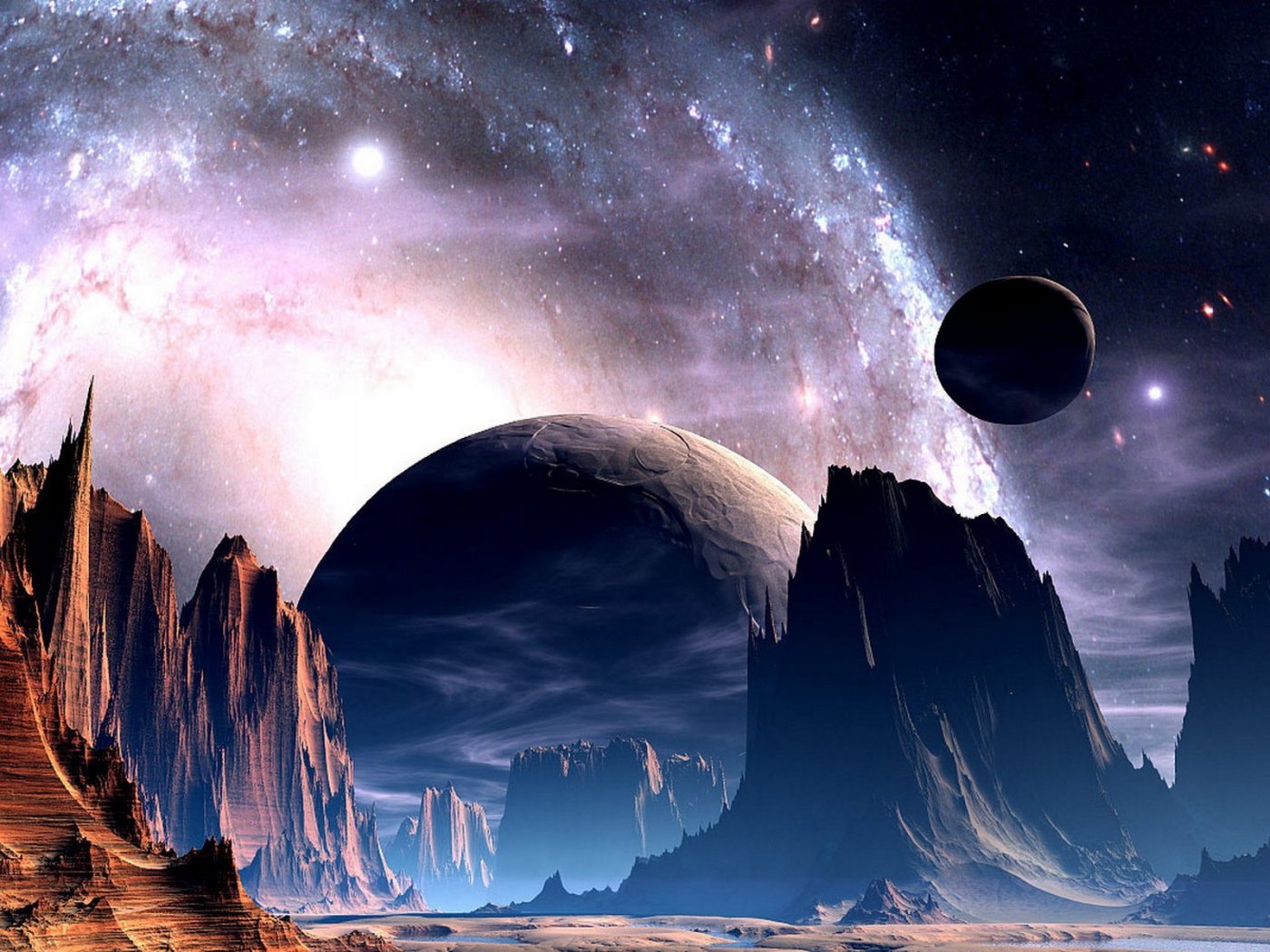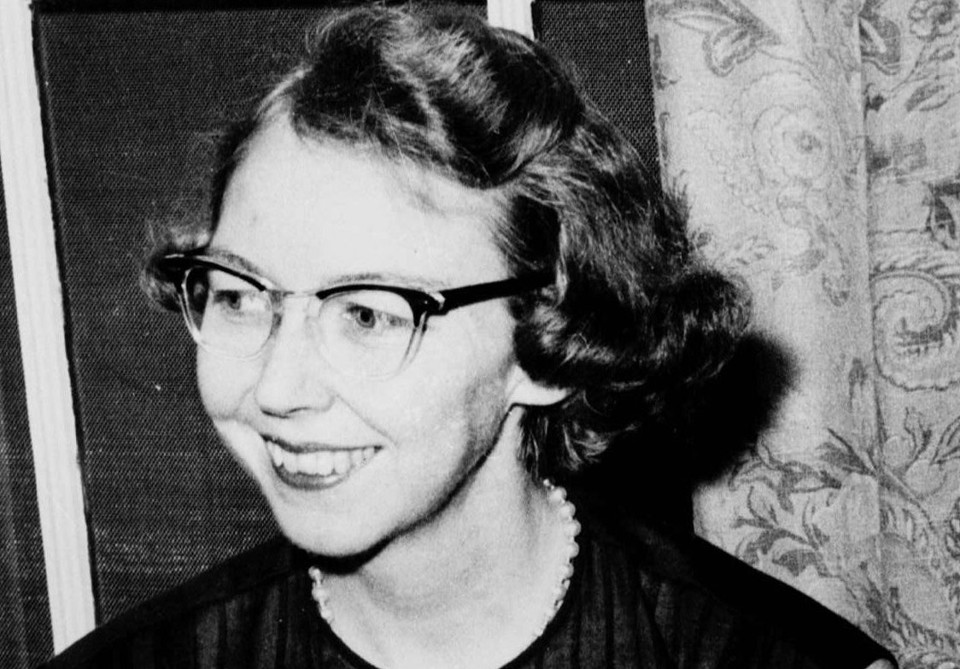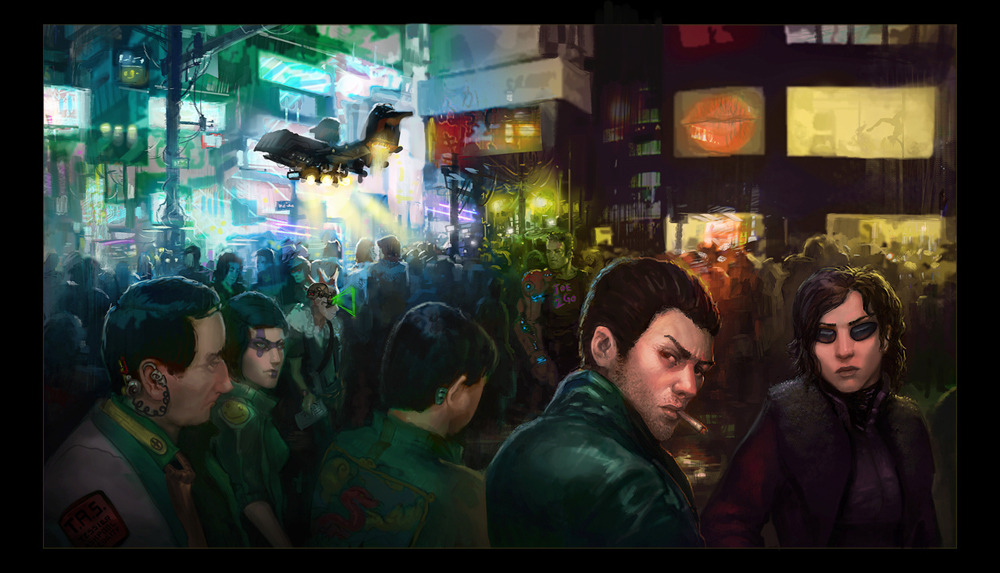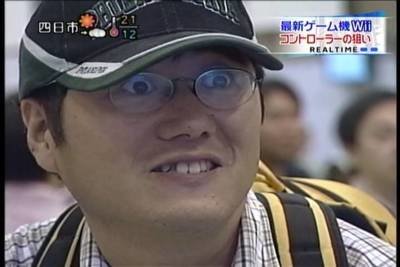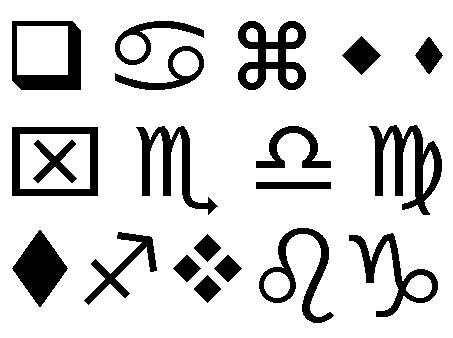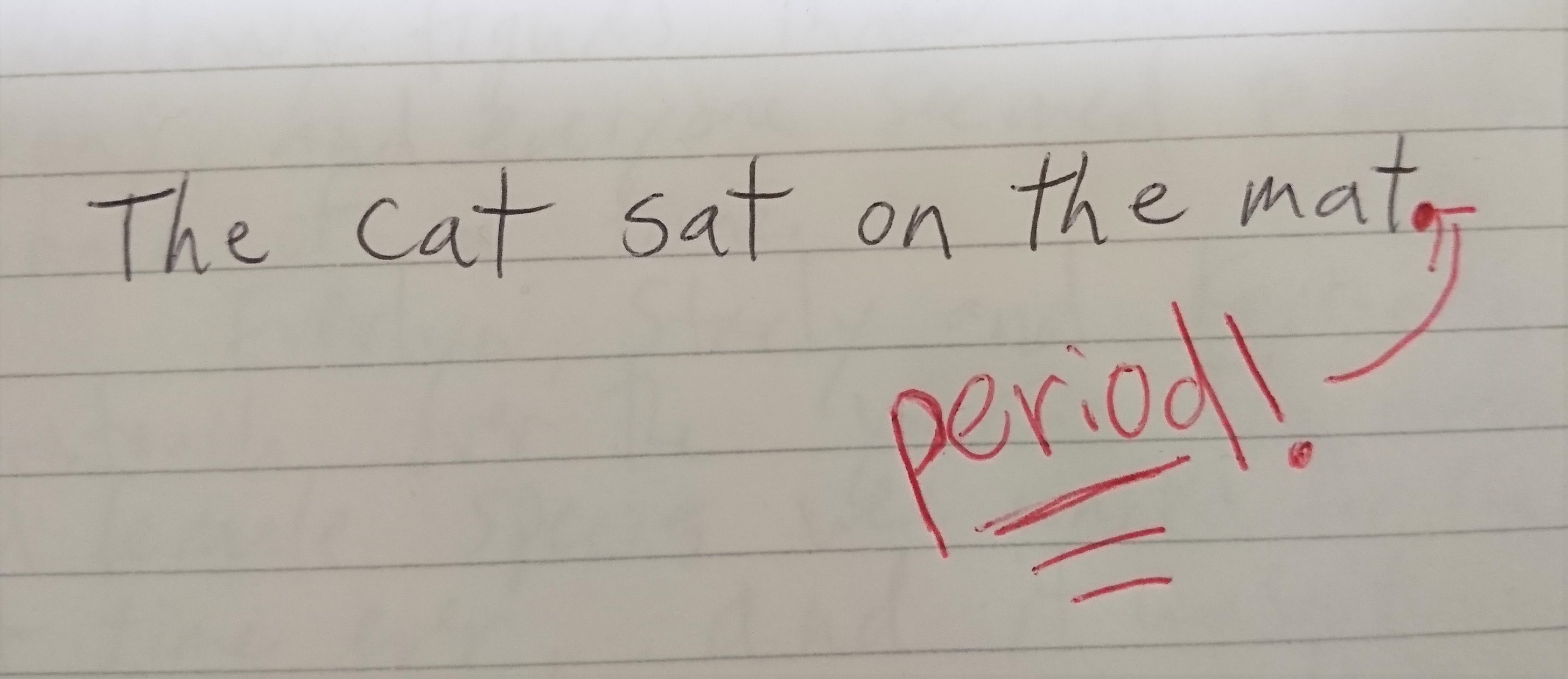It’s been 6 months since I put my first book on the market. After finalizing all edits, formatting, book covers, and the audiobook, February 22nd was the official day I hit the “Publish” button on Amazon.com.
The major question I’ve been getting thus far is, “How many copies have you sold?”
Well, here are the numbers.
As of today:
355 Kindle (ebook) copies (including free giveaways)
15 Kindle Unlimited read-throughs (number of pages read ÷ number of pages)
29 Paperbacks
19 Audiobooks
————————————–
418 Total
Emily Wenstrom in an article on “The Write Life” says that books on average—meaning anything between Harry Potter and Joe-Schmo-who-uploads-his-book-on-the-internet-and-does-nothing-else—sells 250 copies a year, and 2,000 in its lifetime. I guess for a first novel I’m not doing too bad based on those numbers alone. However, there are many many mistakes I made during the launch that drastically affected sales. This I’m taking as a learning experience for the release of my next and future books. There’s also the problem of the 4 1-star reviews in a row that I just got, which I’ll discuss later.
When I first launched the book, I just wanted to get it out there. All of my marketing and publishing friends told me to hold off and create a launch campaign, but I didn’t listen to them.
“I’ve been waiting since October to publish this thing! It’s February! It’s a science fiction book; the science is going to be obsolete by the time it gets out there! I’m releasing it now!”
In my head everything was already perfect. I had the cover illustrated and ready to go; a good book jacket description; I had set up a blog and several social networking pages; I made the book available in 3 different formats (ebook, paperback, and audiobook); I already had several buyers lined up.
What else could I possibly need to do???
That’s when I discovered the Amazon ranking system.
The goal of any book publisher on the Amazon platform is more about ranking highly in the Amazon store than actual dollars and cents earned. Especially in the beginning.
It’s not about getting on Facebook, Twitter and Instagram and shouting at the top of your lungs: “Really awesome book for sale! Get it now while it’s hot!”
Here are a few problems with marketing on social media (especially if you’re going the free route [re: organic reach] like I was). The people you are marketing to are:
- Not necessarily looking to buy anything
- Not necessarily readers
- Not necessarily readers of your genre
Therefore, unless you target a specific group of users (e.g. readers of sci-fi books) on a massive scale, which is largely done through paid advertising—which is debatable in its efficacy—you’re basically marketing to dead air.
And as far as marketing on target-audience-specific message boards (I tried the Facebook Science Fiction Fans one of 65,000 members), there’s a certain etiquette to adhere to. If you just jump on and start talking about your book and posting ads and links, people are going to ignore you (like I was). There’s a more subtle art to selling in this environment, which is taxing if you, like me, aren’t a big sci-fi fan to begin with.
So, instead of marketing through social media, a publishing friend of mine gave me advice on working with a timeline for the initial launch on Amazon. The plan was to release it for $0.99 for the first 7 days (the time period when Amazon gives you the highest boost in ranking), and then after the 7 days, do a 5-day free promo (which means making the book available for free) so that you get another 5-day boost in ranking. Hopefully, after the initial 12-days of your book launch, a ton of people will download your book for either $0.99 or free, and Amazon’s algorithm will predict that your book will be a long-running success. Therefore, your book will rank highly, and stay high, so that more people can see your book and buy it consistently in the long term.
What I did was more something like this:
“Alright, let’s release the darn thing already so everyone will quit bugging me about it.”
Publish.
I make a few sales. The 7-day $0.99 sale ends. It’s time to do the 5-day free promo.
“I’m not releasing the book for free! It took me 3 years to write this thing, and they want me to put it up for free?!”
So I leave it up for $0.99 (not knowing exactly how crucial that 12-day launch timeline is) to see if I can make a few more sales before releasing it to the world for free. Nothing is happening (because my initial boost had expired), so I go ahead and do the free book promo. 20…30 copies downloaded.
“Grrrrr….” I think. “Won’t help a first-time writer by paying a measly $0.99 but will download it for free…” (Actually, that wasn’t the case, which I found out months later.)
After the initial 12-day launch boost, the advice my friend gave me was to up the price to $2.99—the lowest price point to receive 70% commission. I, however, left it at $0.99.
“If people won’t even pay $0.99 for it,” I thought, “why the heck would they pay $2.99?”
That’s when another friend of mine, completely unrelated to publishing or advertising, told me something I hadn’t thought of before.
“If you only sell a 300-page book for $0.99, people won’t see any value in it.”
Through further analysis, this turned out to be true. Even the people who downloaded it for free probably saw no motivation to even read the thing since it was free anyway. It probably just went to the bottom of their Kindle list to be forgotten. If people pay money for something, they’ll use it. If they pay money to read something, they’ll read it.
And that’s what I needed: readers. Readers are what sell books. Those who engage in the story, then write a customer review on Amazon about it (more on this later).
So I worked with my publishing friend a bit. We changed some keywords, put “Funny Sci Fi” in the title (because those are strong keywords), upped the Kindle price to $3.94, and 3 months later I was ready to launch my second free promo.
I only did it for one day this time, and, wow, 75 downloads! In one day! And then the next day, right when I woke up in the morning, I saw that I had made 6 sales in a row for $3.94. That’s 6 sales while I was sleeping!
So it wasn’t a matter of keeping the price low. It was about getting as many downloads as possible to rank highly on Amazon.
And getting customer reviews….
Okay, we’ve finally arrived to that part of the post.
Amazon Customer Reviews
So, I launched my book, I figured out how the Amazon algorithm works to maximize ranking and visibility in the store for making sales. Now all I needed was for the product (re: the book) to be great quality and for other buyers to vouch for it. And the way they vouch for it is by writing an Amazon Customer Review.
In the beginning, some random people downloaded it for free and posted a review. There is an incentive for Amazon customers to review as many products as possible so that they can attain “badges” such as “Top Contributor” or the coveted “Vine Voice”, which is an invite-only club of reviewers on Amazon.
However, I can’t emphasize this enough, as I have learned very recently, just writing “I enjoyed this book. Five stars!” is not enough.
I got a lot of those in the beginning, and some other 5-star reviews that were more detailed, but when you get 4 1-star reviews in a row from people who are very very very detailed, specific, and write several paragraphs, that makes all of the 5-star reviews look fake.
People are always weary of new products available online, and the only way to know if the products are any good is by reading the customer reviews. A few readers of mine recently suspected that all of my 5-star reviews are fake—and they write about this in their reviews—because the 5-star reviews are not detailed and are all 5-star ratings. As we all know, in the instance of books, not even classic literature that has been studied and cherished for generations gets 5-star reviews. I saw 2 Pulitzer Prize-winners with 3.5 stars. Now, of course, those books get thousands of reviews, so the low votes and high votes balance each other out, but when you have a book with only 11 votes, and 4 of them are 1-star and suspect that all the 5-star votes are fake and that none of the reviewers are actually reading the book, that puts a pretty big dent in the future of the book.
However, not all is lost. At first I was upset at the negative reviews, but I quickly got over it and learned that it’s part of the game. You can’t please everyone. Even world-famous authors get terrible reviews.
However, they get lots of reviews. From publications, from random customers. I’m talking tens of thousands. Therefore, based off of the balance of 5-, 4-, 3-, 2-, and 1-star reviews, the reader can decide whether it’s worth reading.
This is also going to be something I look into fixing for the next book: getting legit reviews so that if a couple bombs get dropped it doesn’t ruin the whole book.
⇓⇓⇓⇓⇓⇓⇓⇓⇓⇓⇓⇓⇓⇓⇓⇓⇓⇓⇓⇓⇓⇓⇓
All of the above said, I would like to thank all of you out there who have supported me by buying a copy of my book, and to those of you who have not only bought a copy but also wrote an Amazon Customer Review. My book would not be where it is now without your help and kindness♥♥♥
It’s hard being in my position because I often feel like I’m asking too much of people.
“Hey, guys! Buy my book! And not only buy my book, but also go back and write a very detailed review on Amazon (like it’s a job) of why you liked or disliked it or thought it was only meh! And also click the ‘unhelpful’ button on the negative reviews so that they don’t pop up first on the Customer Review list.”
I really hate doing that. What I would really like is to just share with people, “Hey, I wrote (another) book. Here’s the link if you wanna check it out. Thanks! What are you working on?”
That would be ideal, but since I only have one book out, I gotta be a bit obnoxious.
♦♦♦♦♦♦♦♦
On a lighter note, I’ve been working much more diligently on my next novel. I’ve dedicated my entire month of summer vacation to trying to live the author lifestyle of writing 1,600 words a day (a figure I got from a rando YouTube video). It’s going pretty well, and I’m barreling through the first draft quicker than I realized.
The new book is a dark fantasy called The Hypnotism Festival. I read 3 nonfiction books as research before putting pen to paper. Here’s the one-line summary:
A man is searching for his runaway daughter when he stumbles upon The Hypnotist Festival.
It’s a much darker story than Planet Lazy, but I sprinkle in some humor every now and then.
Have you had similar experiences? Are you thinking about releasing your own book but are confused about the process? Do you have any questions? Leave a comment, and let’s discuss!
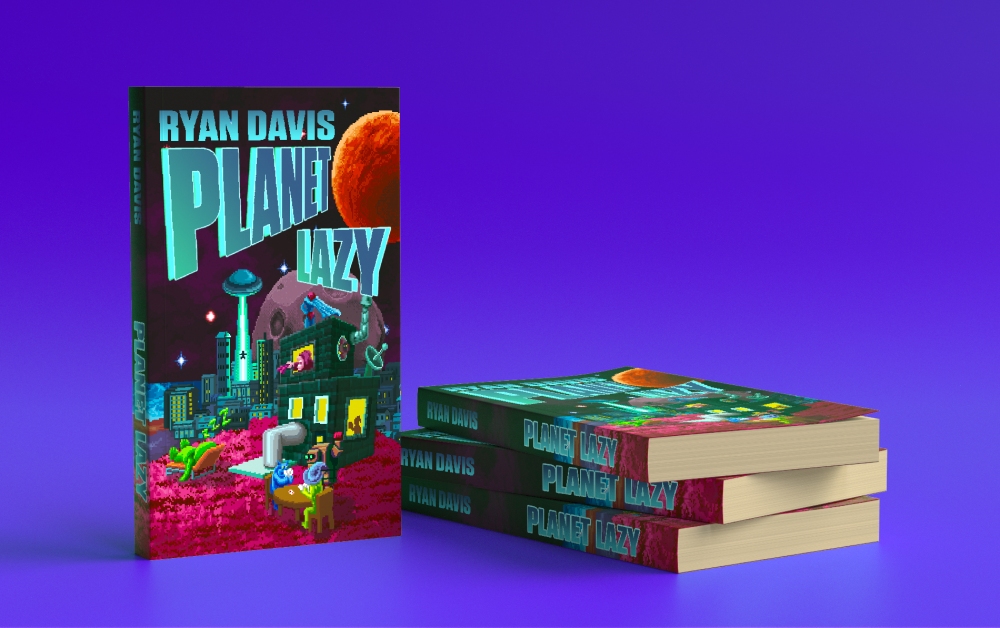
-






